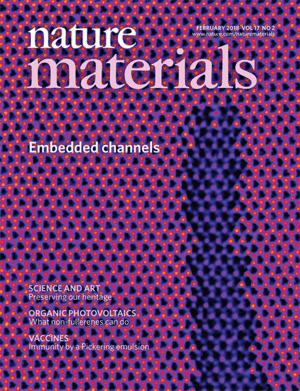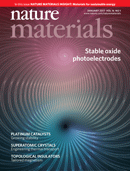 The authors of a highly cited 2016 research letter on a way to improve the efficiency of solar panels have retracted their work following “concerns about the reproducibility.”
The authors of a highly cited 2016 research letter on a way to improve the efficiency of solar panels have retracted their work following “concerns about the reproducibility.”
Given the potential importance of the data, it would be nice to know what exactly went wrong, and why. However, the retraction notice doesn’t provide many details, and doesn’t even specify if the authors did indeed fail to reproduce the data.
The letter, titled “Graded bandgap perovskite solar cells,” was published in Nature Materials by a group out of the University of California at Berkeley and the affiliated Lawrence Berkeley National Laboratory. The 2016 article has been cited 16 times, according to Clarivate Analytics’ Web of Science, earning it the ranking of “highly cited.”
Berkeley heralded the findings in a press release as a “major advance” in the field of solar energy:
Continue reading “Major advance” in solar power retracted for reproducibility issues
